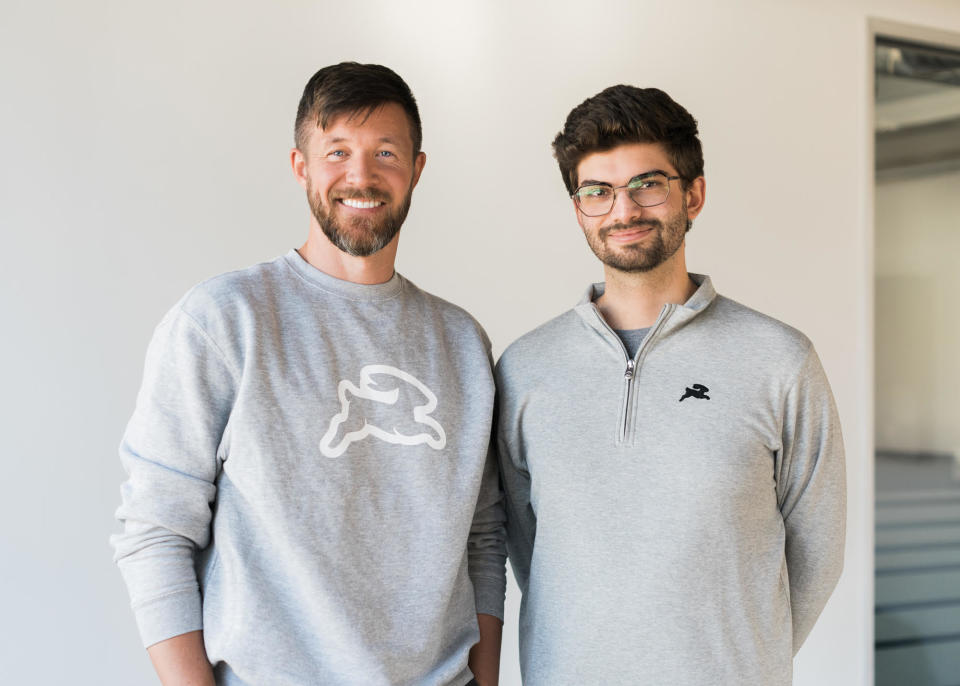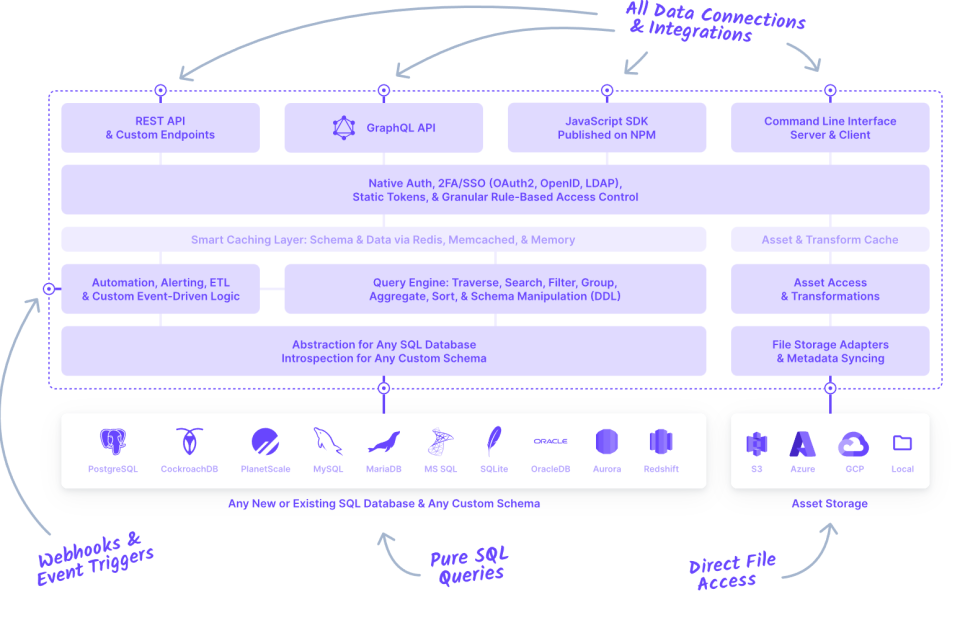Directus wants to democratize data across the enterprise
A startup that wants to democratize data in the enterprise? That may sound awfully familiar, but Directus, which today is announcing a $7 million Series A round led by True Ventures, is taking a different approach to most of its competitors by combining traditional developer tools with a no-code approach to offer a highly flexible open source data platform for its enterprise users. Using the service's tools, developers can easily turn any SQL database into an API to power their apps -- or use the service's no-code tools to build apps that way, too.
Even though it only launched in 2020, the New York-based remote-first company has already added enterprises like Bose, Adobe and Tripadvisor to its roster of paying customers. And while the company itself is only a couple of years old now, Directus CEO and co-founder Ben Haynes actually started toying with the ideas that led to launching Directus as early as 2004 after leaving the Air Force and starting a web consultancy business.
Image Credits: Directus
"What I identified was that there's a lot of repetition in the engineering being done -- the authentication and authorization, the connectivity, the database, the data access, caching," Haynes explained. "That's all for building the deliverable, but once you hand that off, you need a way to manage it."
At the time, that mostly involved a CMS like WordPress or maybe Drupal and database administration tools for the LAMP stack like phpMyAdmin. But there weren't any great tools for building out the information architecture for new projects, so Haynes ended up coding the first versions of what would become Directus. And while he kept working on it as a side project during stints at SoulCyle and AOL, it only became a full-time job and a startup in 2020 when he and his co-founder Rijk van Zanten started getting more serious inquiries for this tool that they had previously only used in their consultancy business. Today's Directus is obviously not a PHP app anymore. It's been completely rewritten and sits on top of a modern Jamstack platform.
Directus co-founders Ben Haynes (left) and Rijk van Zanten (right). Image Credits: Directus
Maybe the best way to describe the Directus users' experience today is as a mix of a code-centric database management tool and the service's Airtable-like Directus Studio no-code tool.
As Haynes stressed, the company isn't in the business of managing the databases themselves. Instead, it can sit on top of any SQL database. "The database is not part of our platform," he noted. "That is your data. You have authority. We layer on a database administrator administration tool. We try to provide tools and a portal into that database, for your schema, your optimizations, your foreign key constraints -- whatever you've optimized, that remains completely untouched. We don't commingle any of our system data. If you delete our software, six months or six years later, it's completely pristine."
And while business users can use the service, too, the core audience -- even for the no-code/low-code tool, is developers. "We remain exclusively focused on the developer as our ideal customer profile. We are talking and working with developers," Haynes said. He argued that services like Retool or Airtable are no-code platforms first that then try to backfill the technology. "You end up with a band aid -- a stopgap solution that maybe developers aren't going to be happy with when it needs to scale," he said. "We are database first, then API, then the connectivity, and then no-code."
This developer focus is also exemplified by the fact that the service offers REST and GraphQL APIs to connect to its service, on top of a command line interface and a JavaScript SDK.
Image Credits: Directus
For developers, this means they get a lot of flexibility in how they want to use the tool and manipulate their data (no matter whether that's text, images or geographic data). The tool is available as open source as well as a freemium fully managed service, with prices for the paid tiers starting at $25/month.
The company now has 25 employees and has raised a total of $8.5 million. In addition to True Ventures leading this Series A round, Handshake Ventures also participated.
“Empowering non-technical users with no-code tools is a massive shift underway in the corporate world,” said True Ventures co-founder Phil Black, who will join the Directus board of directors. “Directus is an open source project that has been downloaded over 20 million times in less than a year. Among many benefits, the software helps teams greatly reduce the hours developers might spend creating data-driven projects. What’s more, we like how the founding team spent time deep in this problem prior to starting Directus. Hands-on struggle begets innovation.”

 Yahoo Finance
Yahoo Finance 


